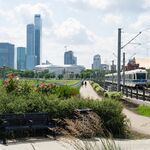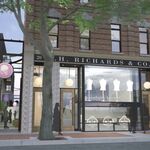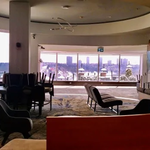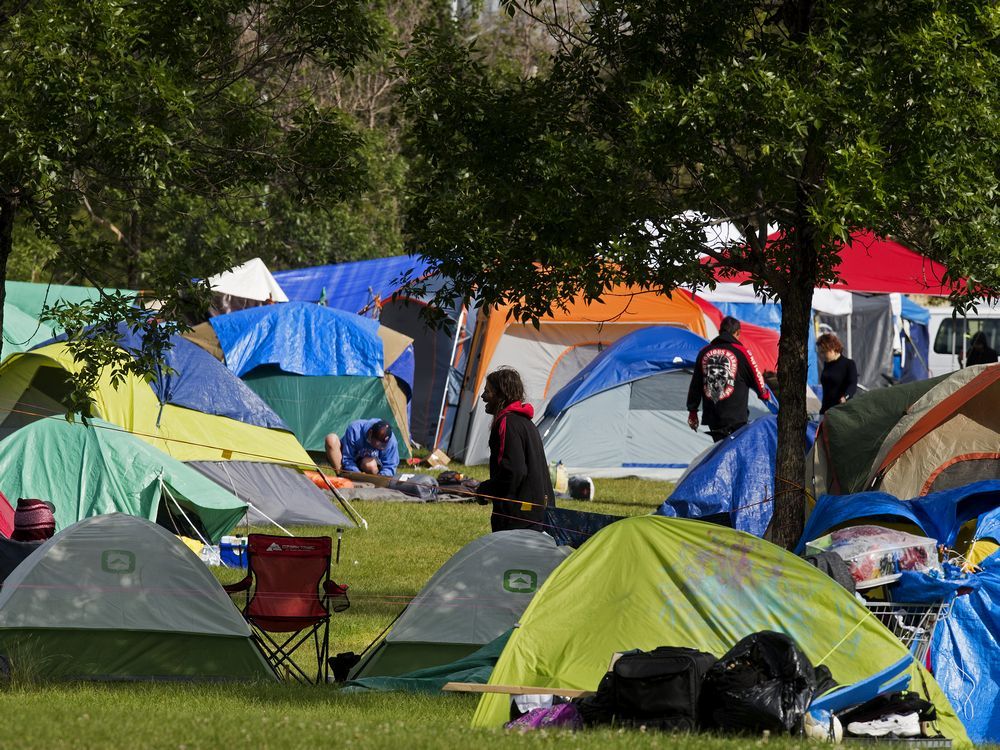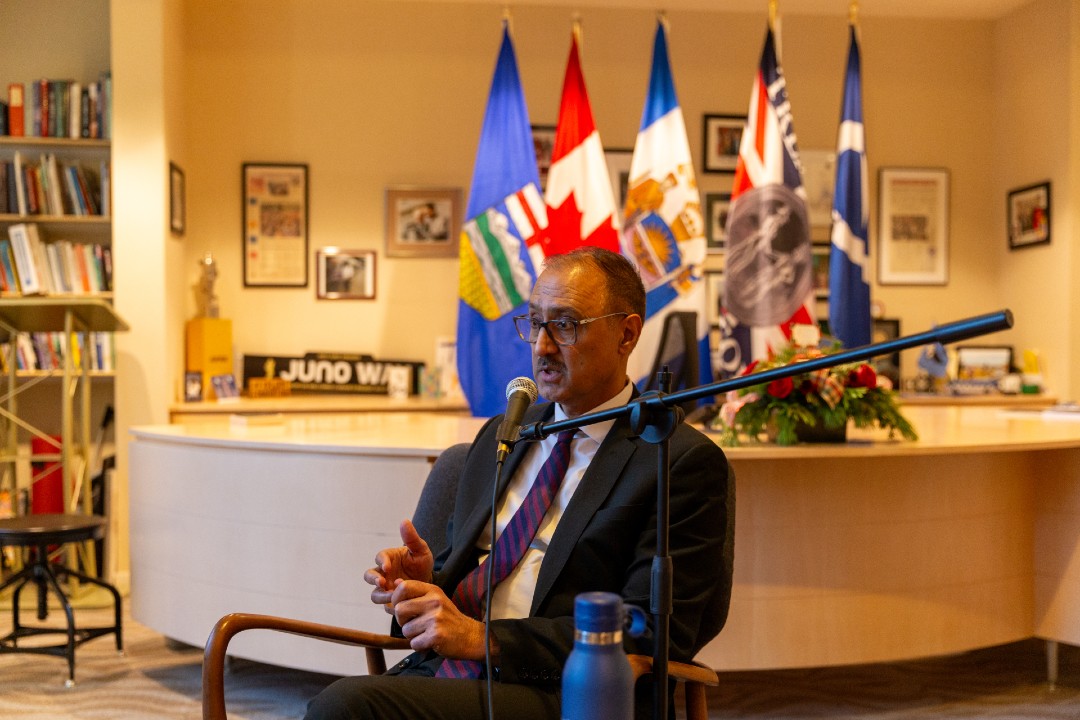In a year-end interview with Taproot, Mayor Amarjeet Sohi said council's declaration of a housing and houselessness emergency in January led to real change, despite provincial criticism at the time that it was performative.

edmonton.taproot.news
In a year-end interview with Taproot, Mayor Amarjeet Sohi said council’s
declaration of a housing and houselessness emergency in January led to real change, despite provincial criticism at the time that it was performative.
Council voted 9-4 to declare the emergency, after Sohi introduced the declaration as a motion. Sohi told Taproot that during budget deliberations this fall, as he and council worked behind the scenes to create amendments to the budget adjustment and lower the proposed tax increase, the possibility to cut funding for affordable housing came up.
“We already met our housing targets that we set as part of the capital budget. But there was no one moving (funding reductions) because people recognize that we have declared a housing emergency,” Sohi said.
In January, when council made the decision, Municipal Affairs Minister Ric McIver
called the move a “performative declaration.” But Sohi compared the housing emergency to when council declared a climate emergency, in 2019, and said it took time for that declaration to be enshrined into the city’s processes and policies. “The result wasn’t immediate, but now, three or four years later, we are seeing changes happening in our organization and in our decision-making … in a way that without that declaration may not have happened,” he said.
The city’s updated affordable housing strategy set a goal to create or renovate 2,700 subsidized units by 2026. Sohi said the city is on track to surpass that by the end of 2024.
Meanwhile, the number of Edmontonians who are homeless has
increased by nearly 2,000, to 4,697 in the last year, according to
Homeward Trust’s point-in-time count conducted in September.
